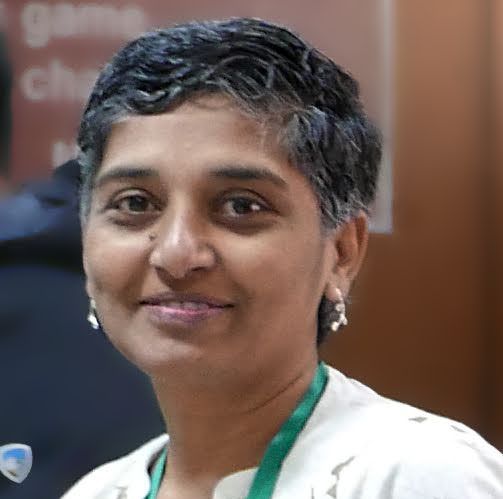Though my professional background has been in the field of management and information technology, I was always passionate about environmental sustainability and wildlife conservation. A chance encounter with an injured American Woodcock led me to take up wildlife rehabilitation and fully dedicate myself to the cause. Within the broad field of wildlife rehabilitation, I am specifically interested in science-based research, mitigating human-wildlife conflict, spreading awareness and contributing to policy making that protects the interests of wildlife.
Being the Executive Director of ARRC that takes in more than 2000 animals of 80 different species annually, I have a better understanding of the issues that urban wildlife face in a developing country and the importance of the critical role that wildlife rehabilitation centers can play in conserving urban wildlife along with challenges involved in the process. In spite of interest from students, there are no formal training or certification programs in wildlife rehabilitation in India. Many of the minimum standards protocols and dietary protocols that are applicable in the West are not adoptable in India because of unavailability of formulated feeds and differences in climate. My interest is to bring international wildlife rehabilitation standards to developing countries like India, by adjusting the protocols and standards to be applicable globally, while maintaining the scientific and ecological principles behind them. I am also very keen on bringing CWR level certification to India and improving the organizational membership of Indian wildlife rehabilitation centers in IWRC.

